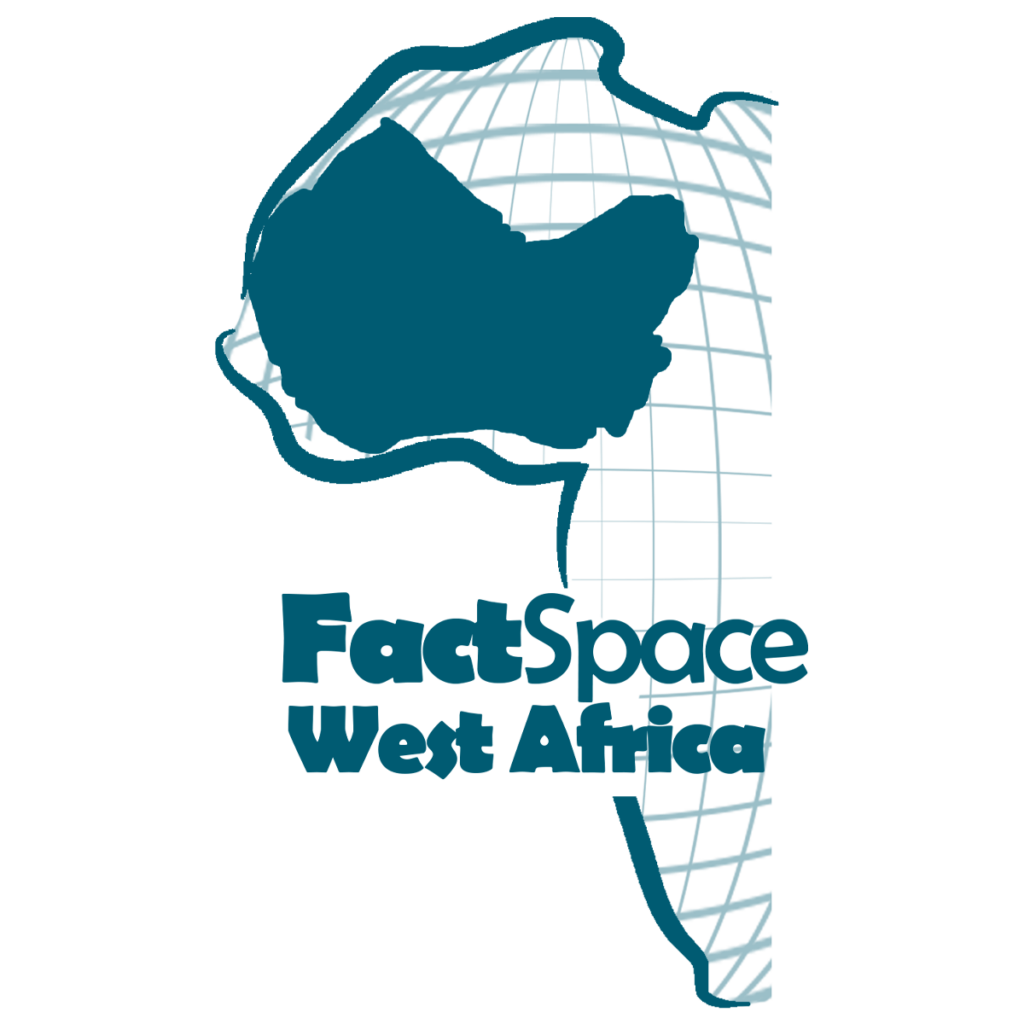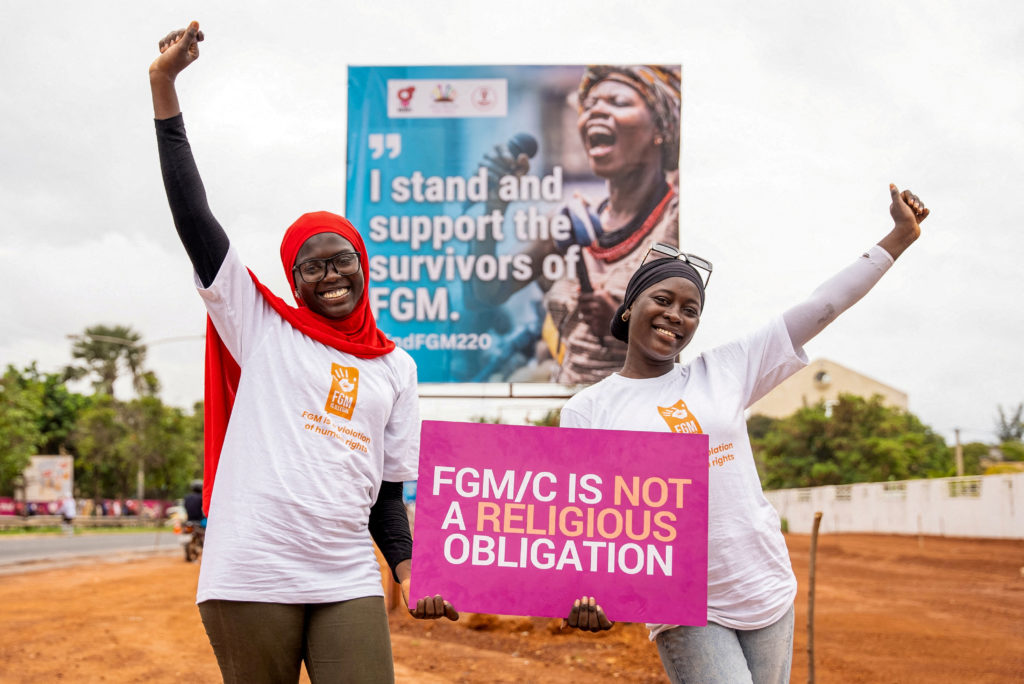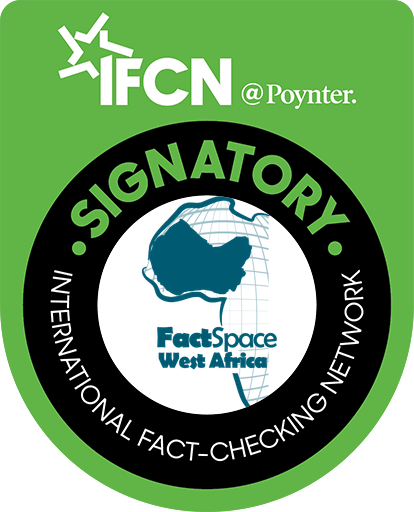The Gambian National Assembly (parliament) has on Monday, 15th July 2024, voted to maintain the ban on FGM, thereby rejecting the Women’s (Amendment) Bill, 2023.
The development came after the second reading of the bill. All clauses were voted down during the consideration stage, following which the Speaker of the National Assembly declared that the Women’s (Amendment) Bill “is hereby deemed rejected and negatived.”
“The Assembly cannot be engaged in such a futile exercise, as to allow the Bill to proceed to Third Reading without its clauses,” the Speaker further insisted.
On Monday, July 8, 2024, the National Assembly’s joint committee on Gender and Health laid its findings on the Women’s Amendment Bill 2024 before the members after months of review.
The Bill brought before the National Assembly on March 4, 2024, sought to lift a ban on Female Genital Mutilation/Circumcision (FGM/C) in The Gambia and was proposed by the lawmaker for Foni Kansala, Almameh Gibba.
In adopting the report finding which was in favour of sustaining the ban on the practice of FGM/C, 35 National Assembly members voted to retain the ban, 17 voted against it and two lawmakers abstained from voting on the findings and recommendations.
The Joint Committee’s report reflects a comprehensive review process that examined the proposed amendments and their potential impact. Stakeholder perspectives were also incorporated to ensure a well-informed assessment.
The next stage involves the consideration of the Bill, clause-by-clause by the Committee of the Whole Assembly, scheduled for 16th July 2024.
Background
During the First Ordinary Session of the 2024 Legislative Year, the Foni Kansala lawmaker, Almameh Gibba, laid before the house a Bill entitled “Women’s (Amendment) Bill, 2024” which was principally seeking to lift the ban placed on FGM/C in The Gambia.
After the second reading, the bill was referred to the Assembly Business Committee for Committal to the relevant Committee per the Standing Orders. The Assembly Business Committee then referred the Bill to a Joint Committee of Health and Gender. The Committee was tasked to consider and scrutinise the Bill and present its findings and recommendations to the Assembly.
Accordingly, the Committee engaged in a thorough review process, to meticulously examine each of the proposed amendments together with the overarching objectives and ramifications of the proposed legislation. Expert and relevant stakeholders were consulted to ensure a well-informed review and recommendation which has since been presented to the National Assembly.
Findings in the report indicate that the Joint Committee relied on the testimonies of witnesses. Cross references were made to ensure that the content of the Bill conformed with the 1997 Constitution of the Republic of the Gambia and other laws of the country.
Some recommendations of the Joint Committee were as follows:
- The Women (Amendment) Act, 2015 should be maintained to prohibit female circumcision in all forms of genital mutilation or cutting in The Gambia.
- Protect women’s health and well-being: Repealing the ban on FGM/C would expose women and girls to severe health risks and violate their right to physical and mental well-being. The practice of FGM/C has been consistently linked to numerous health complications, including chronic pain, infections, obstetric risks and psychological trauma. Preserving the ban is essential for safeguarding the health and dignity of women and girls in the Gambia.
- Promote gender equality and social development: the continuation of FGM\C perpetuates harmful gender inequalities and discrimination against women and girls. By maintaining the ban, the Gambia can reaffirm its commitment to gender equality and promote social development by challenging harmful cultural norms and practices. Rejecting the repeal of the FGM\C ban is crucial for fostering an inclusive society where everyone can thrive free from violence and discrimination.
- Legal support and protection: girls and women who are at risk or have undergone FGM\C should have access to legal support and protection. This includes access to shelter, counselling, and other support services.
- To clearly ban any attempt to medicalise the practice of FGM\C in the Gambia.
- Healthcare interventions: Healthcare providers should be trained to recognise and address the physical and psychological consequences of FGM\C. They should also provide support and medical care for girls and women who have undergone FGM\C.
The Committee concludes that “the practice of Female Genital Mutilation or Cutting (FGM/C) directly violates these commitments by infringing upon the fundamental right to health and causing severe physical and psychological harm to women and girls.”
The Women’s Amendment Act 2015 (Section 32 (2)) states that anyone who breaches the law will face either three years imprisonment or pay a fine of D50,000 (about US$740), or both.
What are Gambians saying online about the bill
FactSpace West Africa’s investigation into online conversations about the bill showed the emergence of online echo chambers made up of pro and anti-FGM advocates, isolated on X (formerly Twitter) and Facebook.
An assessment of conversations on the two platforms (X and Facebook) showed the pro and anti-FGM advocates were stuck on specific platforms where they often encounter information or opinions that reflect and reinforce their position on the issue. The anti-FGM activists and Civil Society Organizations (CSOs) were more dominant on X while pro-FGM activists were more active on Facebook.
FactSpace West Africa’s findings showed that the popular narrative among pro-FGM activists on social media is the framing of the debate along religious/cultural lines and presented as a clash of values – Western and Gambian values / “us” vs “them”.
By Awa Macalo




